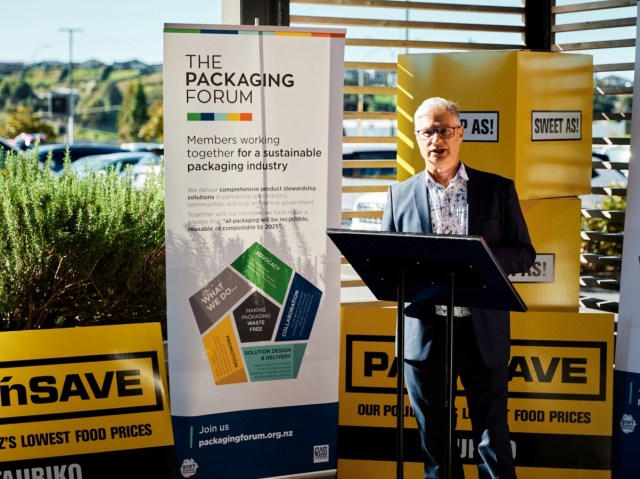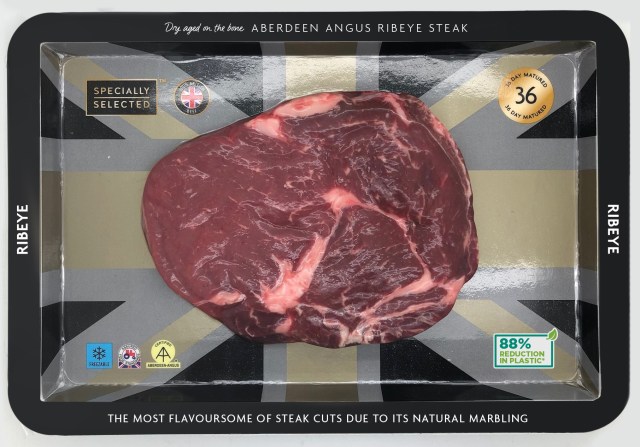
Australia’s food and grocery manufacturers are backing a new scheme aimed at keeping soft plastic packaging out of landfill and helping to build a new recycling industry producing sought-after food-grade, recycled soft plastic packaging here in Australia.
The first in a series of trials of kerbside collection of soft plastic packaging has begun in Victoria’s Macedon Ranges Shire Council, making recycling of plastics such as bread bags, cereal box liners and ice cream wrappers easy for participating households.
The trials are part of the National Plastics Recycling Scheme project (NPRS), which is led by the Australian Food and Grocery Council (AFGC) and will help design a model for large-scale “bag-in-bin” kerbside collection and sorting of soft plastic packaging for advanced recycling.
AFGC CEO Tanya Barden said the project aims to close the loop for soft plastic packaging, capturing it to create food-grade recycled packaging materials that local food and grocery manufacturers need but currently have to buy from overseas.
Barden said the recently paused REDcycle store drop-off program, which is not connected to the NPRS project, addressed a part of the recycling market but for the longer term, there is a need for a larger scale program to recycle soft plastics and provide recycled, food-grade packaging material onshore.
“Soft plastic packaging plays a vital role ensuring the freshness and protection of food, personal care and home care products, and manufacturers use soft plastics because they are strong and light with a low carbon footprint,” Barden said.
According to the AFGC, about 487,000 tonnes of soft plastic packaging was used by businesses and homes in Australia in 2019-20 with just four per cent of that material recycled. It said diverting soft plastics from landfill will provide a clean stream of material for Australia’s emerging advanced recycling industry.
Plastics from the Macedon Ranges Shire Council trial will be taken for advanced recycling to APR Plastics in Dandenong, Victoria. In advanced recycling, the material is converted into oil that can be used to make new plastics.
APR Group managing director Darren Thorpe said capturing soft plastics in sufficient volumes is essential for a domestic advanced recycling industry.
“There is enormous demand for recycled food-grade plastics from manufacturers, not just here but around the world,” Thorpe said.
“We have the technology to do that and these trials are shaping a scalable model that will enable the creation of a sustainable and efficient advanced recycling industry for soft plastics here in Australia.”
Seventeen major food and grocery manufacturing companies have signed on as Foundation Supporters of the NPRS project, committing funds to the trials and pilots.
“The industry is committed to further improving the environmental profile of soft plastic packaging, particularly with the current limitations in functionality, collection and processing of alternative materials such as compostable packaging,” Barden said.
The NPRS project trials are supported by funding from the Australian food and grocery manufacturing industry and the Australian Government. Since securing a grant under the Federal Government’s National Product Stewardship Investment Fund in 2020, AFGC said work on the recycling scheme has stimulated new investment in advanced recycling infrastructure, with four facilities now either in operation or development.


